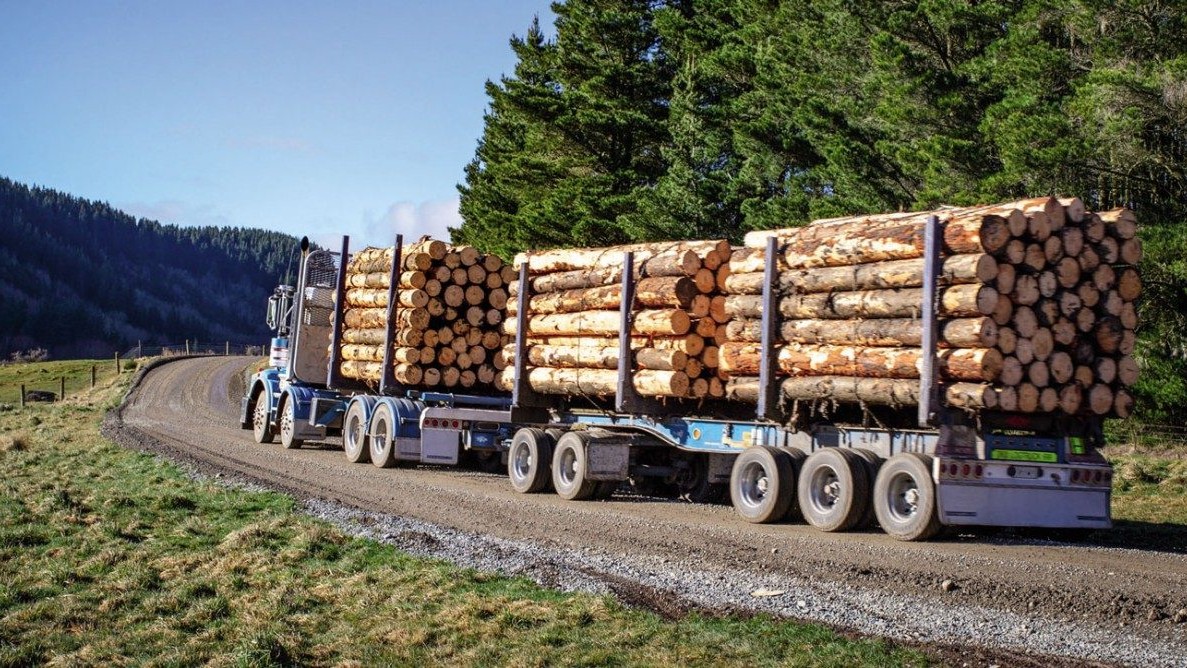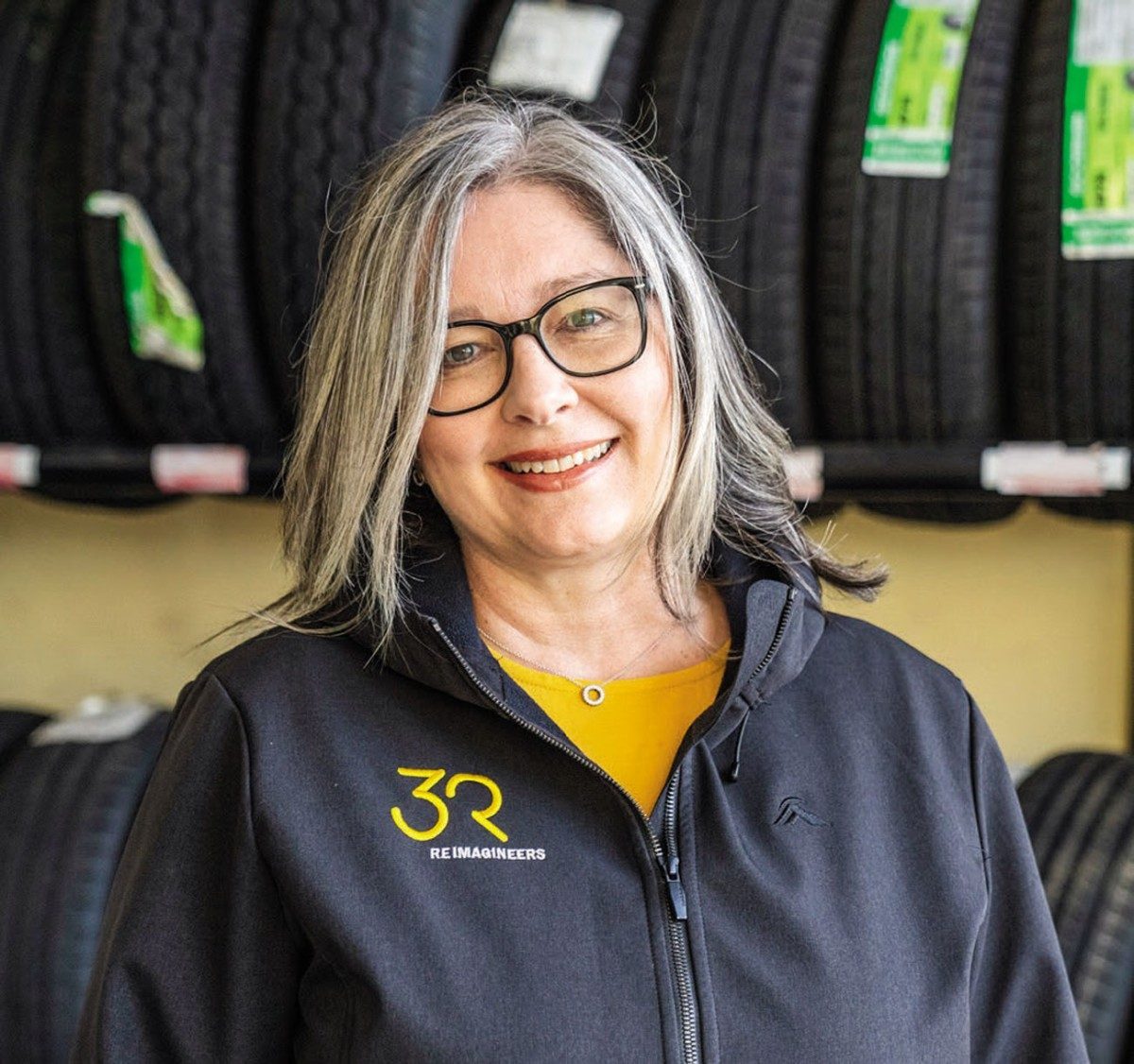National scheme to manage end-of-life tyres kicks off 1 March

There are just a few weeks left before changes in how Aotearoa New Zealand funds the management of end-of-life tyres come into play.
On 1 March, the first stage of government regulations designed to reduce environmental harm from end-of-life tyres will take effect, something the tyre industry has been working hard to get into place for years.
Buyers will notice a tyre stewardship fee when they purchase new tyres – or vehicles imported with tyres – that will be used to manage those tyres at the end of their life. It must be applied at a standard rate nationwide and has been set at $6.65 (excl. GST) for a standard passenger tyre and will go up in increments depending on the size of tyre.
The fee payable on your new tyres for their future management applies from 1 March. Existing ad hoc disposal fees may apply on any old tyres that need disposal until 1 September, when this must stop.
From 1 September, Tyrewise will arrange the free collection of end-of-life tyres from registered tyre sellers, garages and public collection sites. The scheme will also ensure the tyres go to registered processors and manufacturers so they get a second life in a new product rather than being landfilled, stockpiled or dumped.
From 1 September, it will mean the free collection of end-of-life tyres from the registered network and, for the trucking industry, better diversion of casings that are suitable for retreading.

According to Adele Rose of Tyrewise implementation project managers 3R Group, this is especially relevant to the trucking sector as tyres are a significant factor for the industry due to how often they need to be replaced. The scheme wil help increase opportunities for retreading, she says, as the system will be able to better identify suitable truck tyre casings for diversion. “We aim to work with the trucking industry organisations to further promote the use of recycled rubber from tyres in our national roading network as we see successfully demonstrated internationally.”
Tyrewise has set a target of 80% of tyres processed by the fourth year of operation and over 90% by the sixth year, Rose says. Currently, only about 40% of end-of-life tyres in New Zealand are recycled or used to create new products.
“Specially designed software will track the volumes collected and delivered to processors and manufacturers so that we can measure and report our progress against the targets,” Rose says.
“Our implementation team has been busy behind the scenes for months now, registering tyre importers, sellers, transporters, processors, and end-market manufacturers, making sure everybody is ready to play their part. It’s amazing what you can achieve when an entire industry comes together to make a positive difference.”
The scheme will initially cover all air-filled and solid tyres for use on motorised vehicles for cars, trucks, buses, motorcycles, all-terrain vehicles, tractors, forklifts, aircraft and off-road vehicles. Tyres for products like bicycles and non-motorised equipment such as prams, as well as pre-cured rubber for retreads, will be brought into the scheme later. Consultation with stakeholders on these scope-two tyres is expected in late 2024.
Read more
Here comes hydrogen
0 Comments10 Minutes
Ready for the harvest
0 Comments12 Minutes





